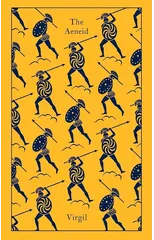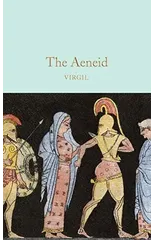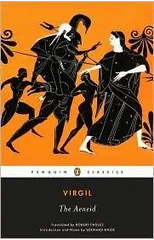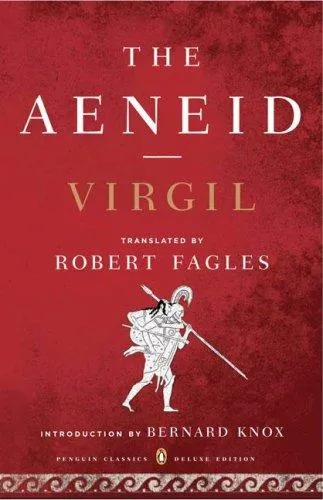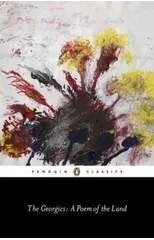This volume represents the most ambitious project of distinguished poet David Ferry’s life: a complete translation of Virgil’s Aeneid. Ferry has long been known as the foremost contemporary translator of Latin poetry, and his translations of Virgil’s Eclogues and Georgics have become standards. He brings to the Aeneid the same genius, rendering Virgil’s formal, metrical lines into an English that is familiar, all while surrendering none of the poem’s original feel of the ancient world. In Ferry’s hands, the Aeneid becomes once more a lively, dramatic poem of daring and adventure, of love and loss, devotion and death. The paperback and e-book editions include a new introduction by Richard F. Thomas, along with a new glossary of names that makes the book even more accessible for students and for general readers coming to the Aeneid for the first time who may need help acclimating to Virgil’s world.
Virgil
Virgil, born Publius Vergilius Maro in 70 BC, was a renowned Roman poet known for his epic poem, "The Aeneid." His literary style was characterized by his use of rich imagery, vivid descriptions, and deep philosophical themes. Virgil's contributions to literature include elevating the genre of epic poetry to new heights and establishing himself as one of the greatest poets of ancient Rome. "The Aeneid," his most famous work, tells the story of Aeneas, a Trojan hero who travels to Italy and becomes the ancestor of the Romans. Virgil's impact on the literary genre of epic poetry has been profound, influencing countless writers and poets throughout history.

